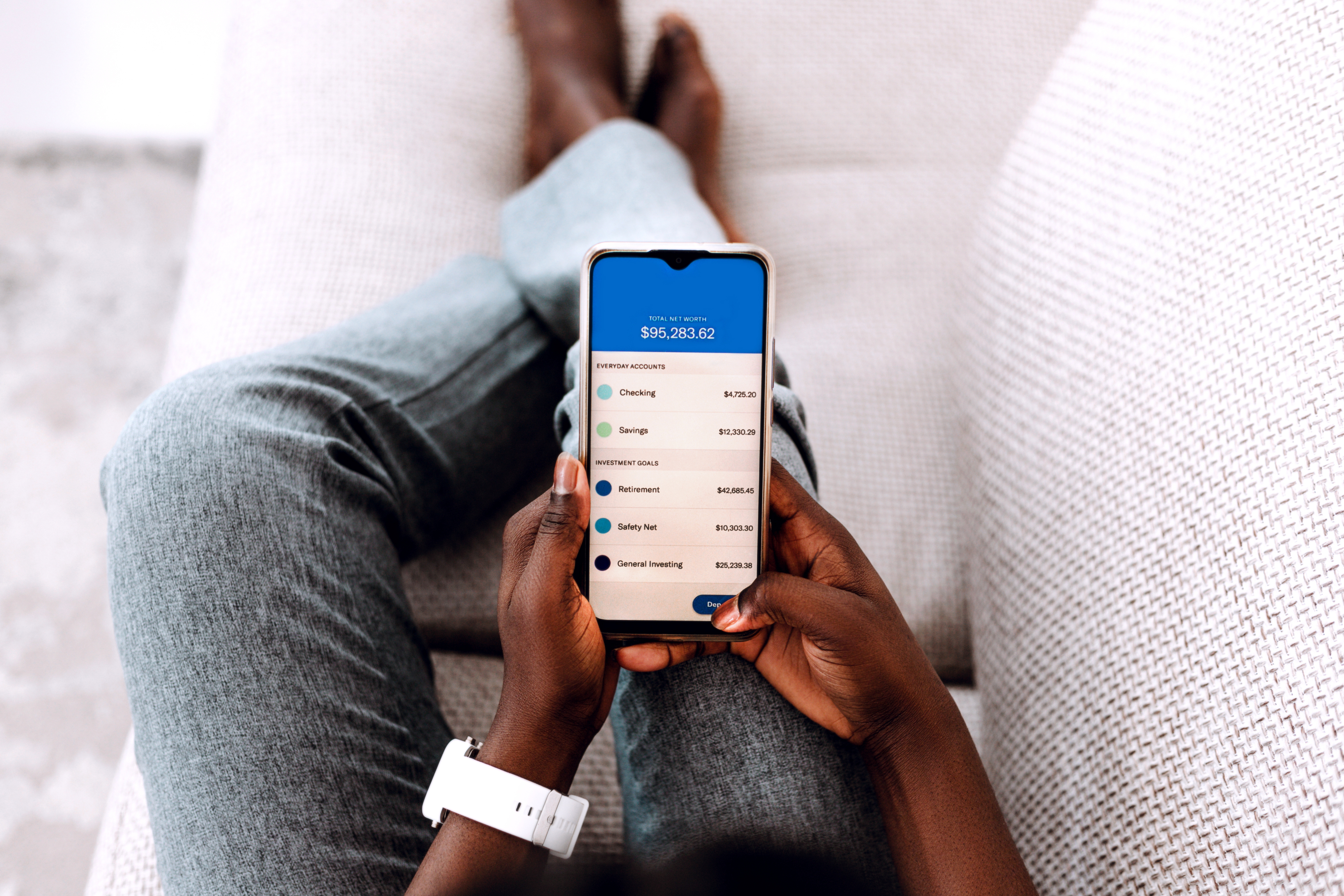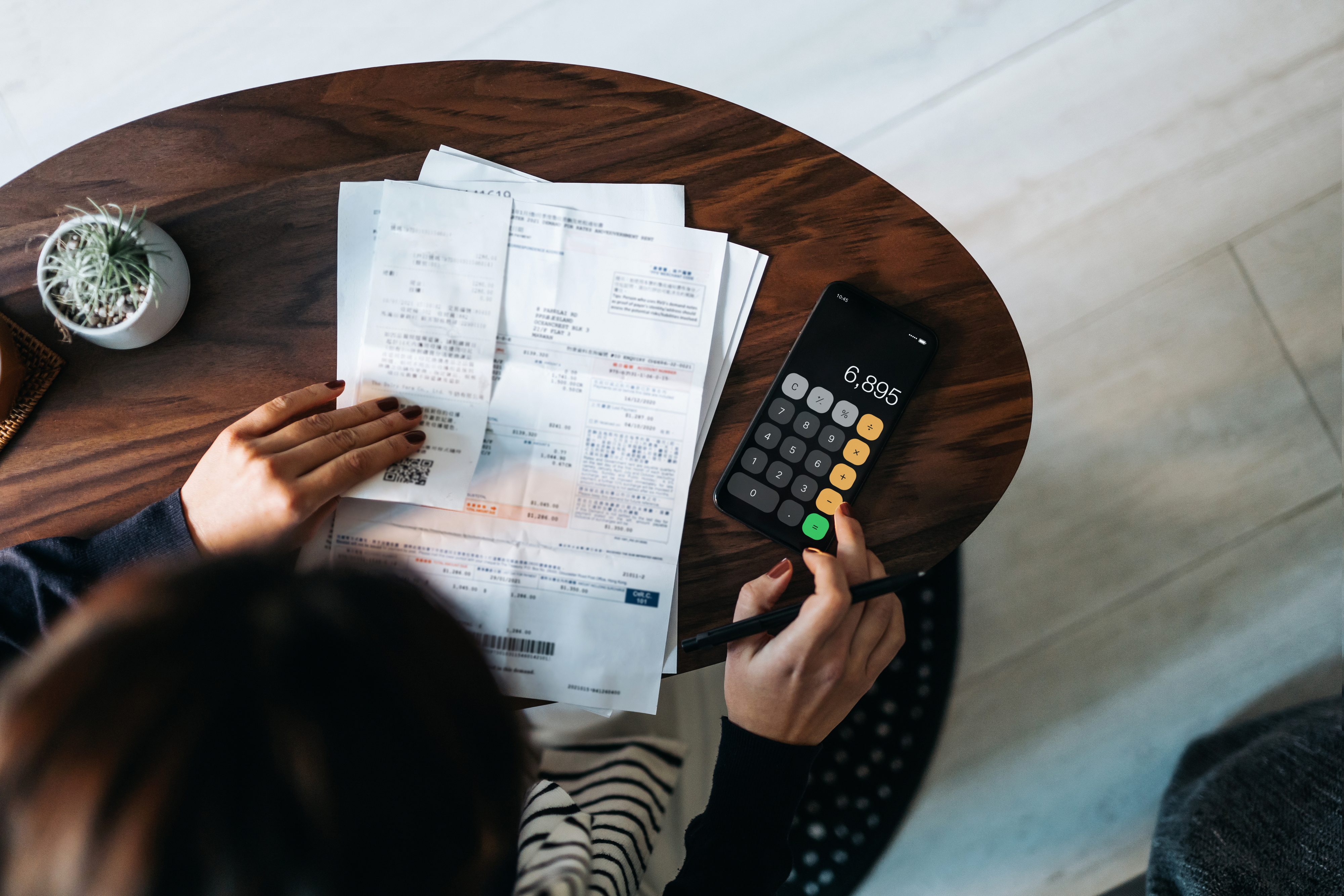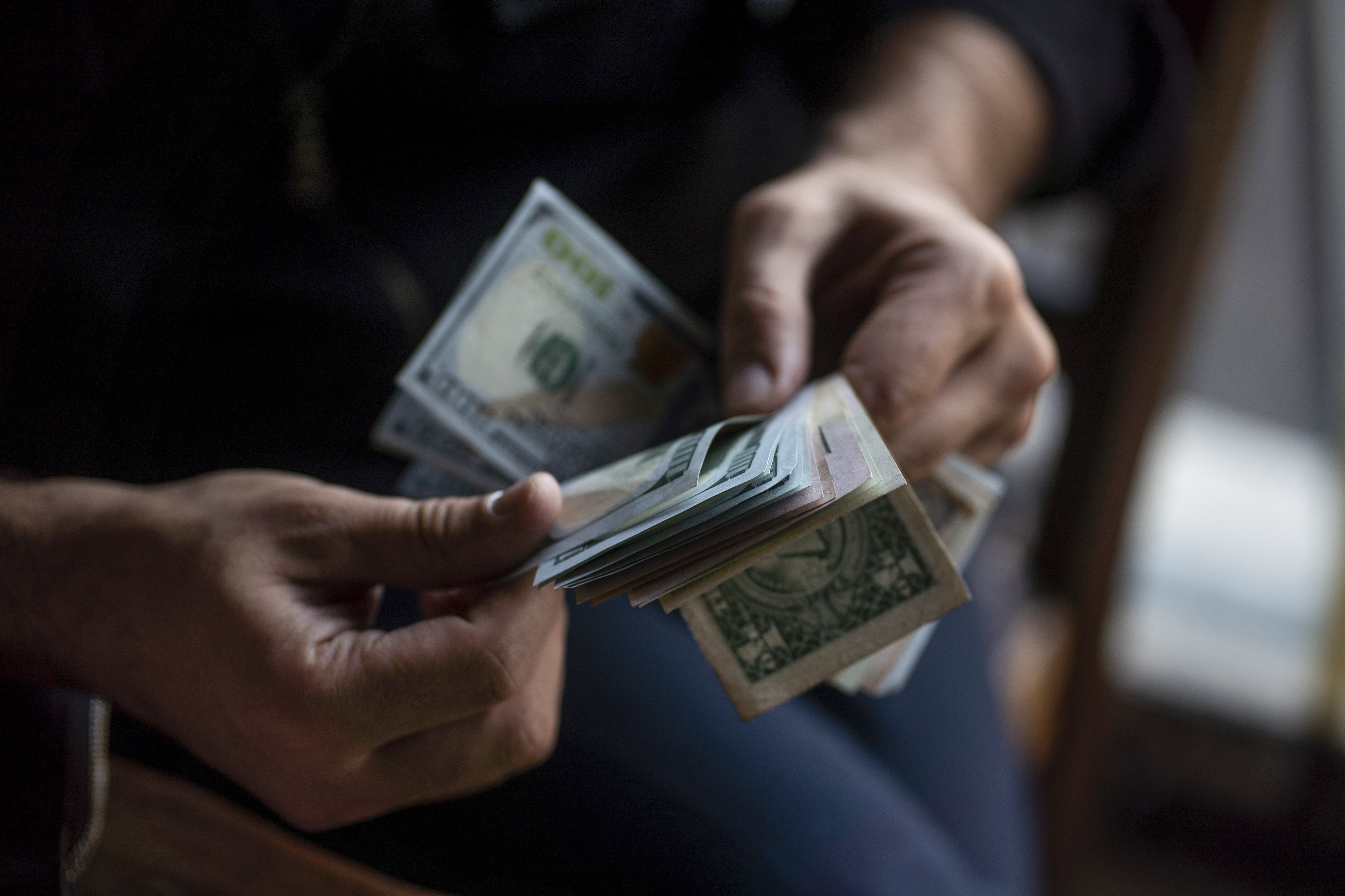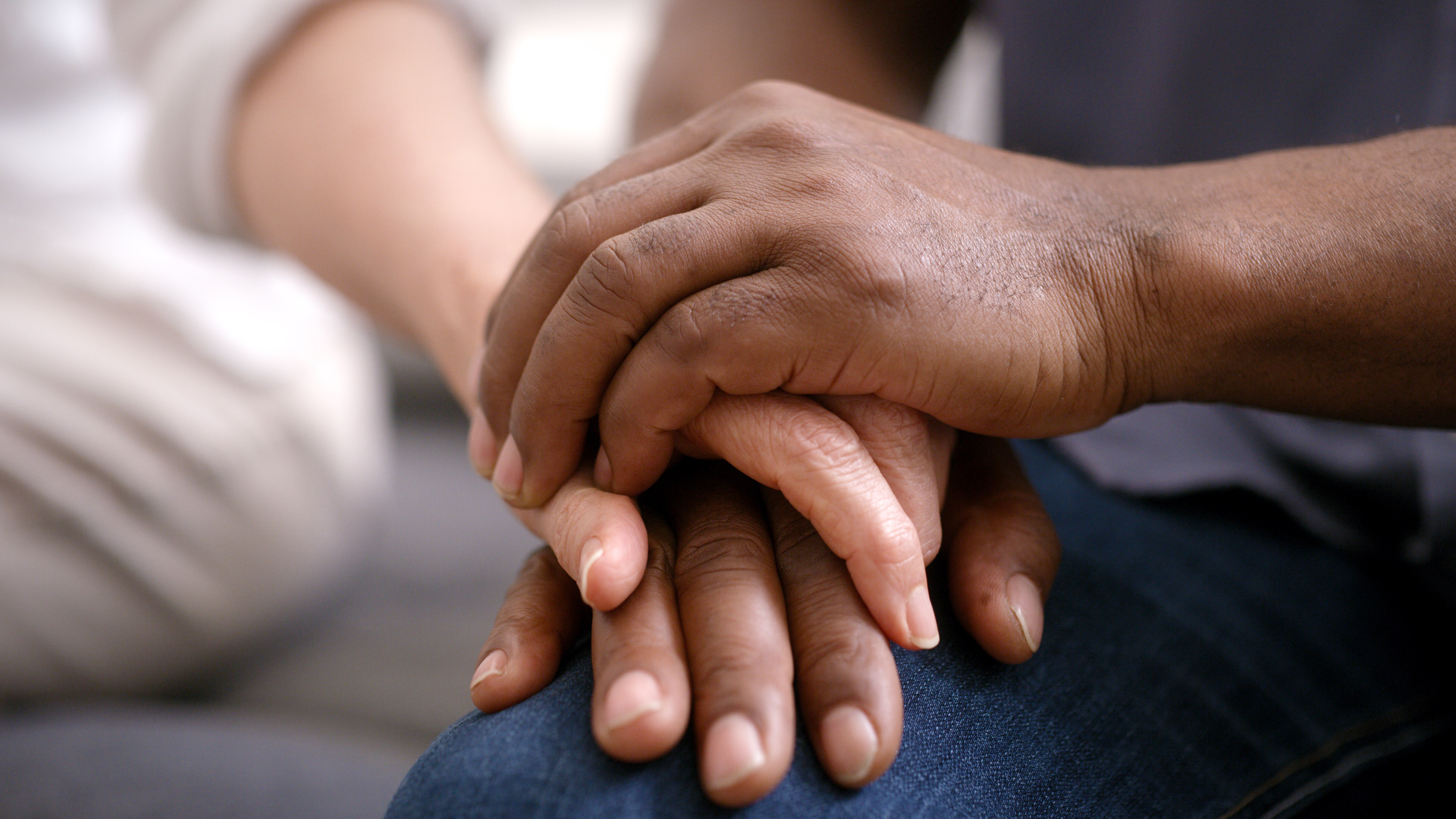Financial abuse within romantic relationships occurs more often than people realize. Unfortunately, it's also a subject that is not widely discussed or can be difficult to identify.

Even though there has been an increase in awareness of what financial abuse is — which is when one or multiple partners, parents, or friends use money as a way to gain power over, manipulate, and control someone else — it's still considered one of the least-known forms of abuse.
This may be because so many people still consider the topic of money to be taboo and don't discuss it openly within their relationships, and/or because someone didn't have the opportunity to learn about money during childhood.
So to help define financial abuse, show what it might look like within a romantic relationship, and learn how it's different from financial "red flags," we talked to two experts:
Moraya Seeger DeGeare is a licensed marriage and family therapist and an in-house relationship expert at Paired.

Emily Irwin is a managing director and senior director of advice at Wells Fargo Wealth & Investment Management.

According to DeGeare, a financially abusive partner will generally make money decisions without their S.O.'s consent. This behavior sets up an imbalance of power within the relationship that can be incredibly hard to change.
While the main way they can do this is by limiting access to finances or financial information — so that the partner is unable to have their own funds and control over money needed to sustain a functional everyday life — DeGeare provided other examples of what financial abuse can look like within a romantic relationship:

There could be myriad reasons why someone may become financially abusive to their partner, but DeGeare said, "At the base of abuse, harm, and violence is disconnection, trauma, and something that happened to this person."

The truth is, financial abuse breaks down trust and safety within relationships. "It can lower self-esteem for one or both partners, too," DeGeare said. To avoid this and have a healthy relationship, "you need to have and engage in honest communication," she added. "But if one partner is using money to control the other, it takes away the ability to have healthy communication around a key aspect of every relationship."

But how does one identify whether the communication issue surrounding money actually stems from abuse versus someone's "red flag" behavior? According to DeGeare, it's important to talk about culture, religion, gender, and the intersectional aspects of identity to properly identify the difference, since so many relationship patterns are developed from what we've seen around us as children.

Many of us grow up without learning much about money at home or in school (or we just learn about the stressful parts). DeGeare said that this lack of financial education can lead people to exhibit financial behaviors that don't quite rise to the level of abuse but can still be seen as red flags.

That's why Irwin defines a "financial red flag" as an "undesirable characteristic or pattern of behavior relating to any aspect of finances that serves as a warning that you and your partner may not be financially compatible."

While financial red flags might not be at the same level as financial abuse, Irwin explained that they can indicate other problem areas within the relationship, such as a lack of commitment, a lack of honesty, or even incompatibility based on values and goals, no matter the length of the relationship.
For instance, Irwin said that while an in-depth conversation about finances may not be a first-date talking point, it’s important to share financial information when the relationship becomes more serious.

If you're open to asking your partner how they feel about money, however, Irwin provided a few questions you can ask:

On the other hand, if you and your partner are in a long-term relationship and you have difficulty talking about and managing money together because of a financial red flag, Irwin suggests regularly setting aside time (at least once a month) when both of you know that finances will be on the agenda.

As for longer-term goals, Irwin recommends planning to have a more robust conversation at least annually. "Have an agreement of what constitutes a major purchase, and set expectations about when you expect the financial decision to be jointly made," she said.
While many couples have a “CFO” in their relationship, Irwin said it’s important that both parties have a solid understanding of the overall financial picture.
Even though this all comes down to communication and what aligns with each partner's values, it's important to remember that these strategies are not likely to work if one partner forcibly has full control of the household finances. So if you believe that you are in a financially abusive relationship, DeGeare suggests reaching out and talking to a trusted person in your life, like a friend, family member, coworker, or therapist.

If you're in need of support or experiencing domestic violence, here are a few resources that can help:
* RAINN
If you or someone you know is in immediate danger as a result of domestic violence, call 911. For anonymous, confidential help, you can call the 24/7 National Domestic Violence Hotline at 1-800-799-7233 (SAFE) or chat with an advocate via the website.
The National Alliance on Mental Illness helpline is 1-888-950-6264 (NAMI) and provides information and referral services; GoodTherapy.org is an association of mental health professionals from more than 25 countries who support efforts to reduce harm in therapy.
